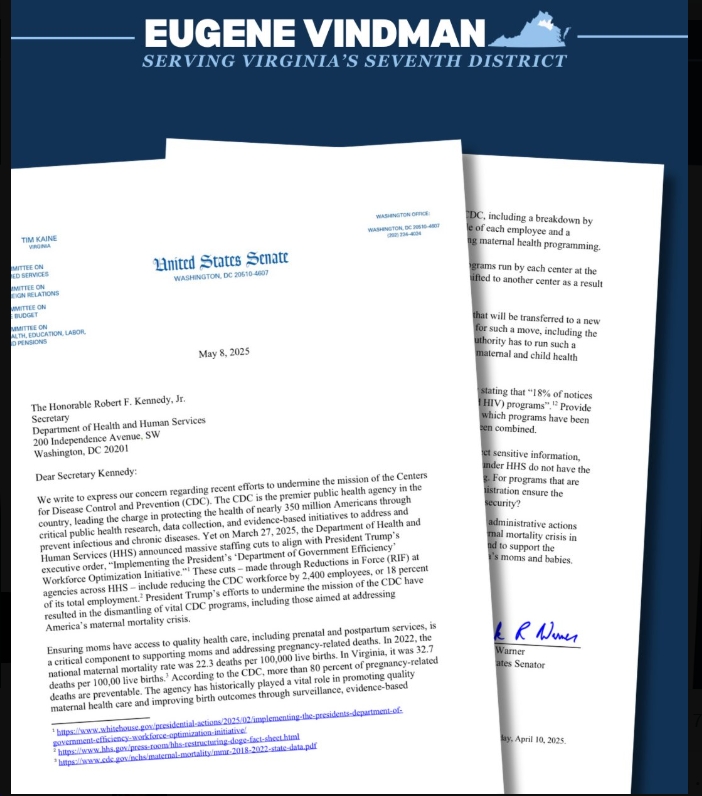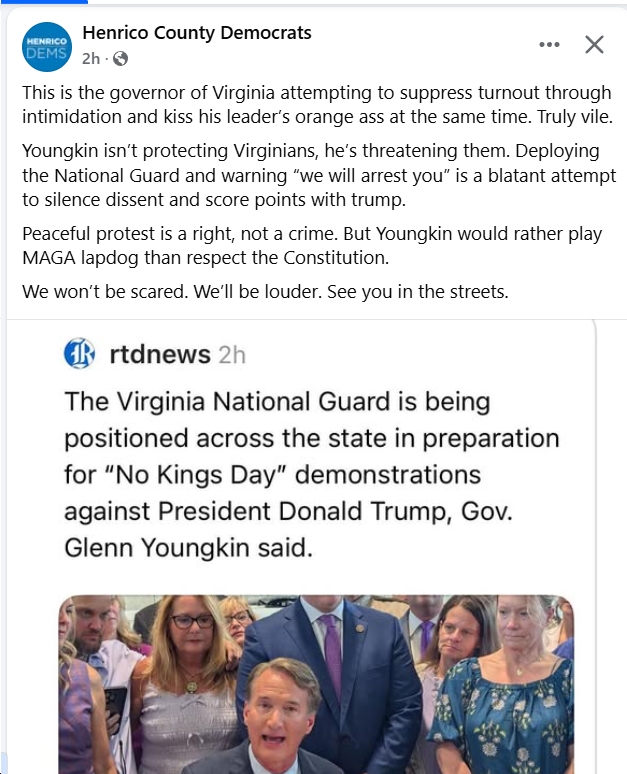The Republican Party is busily promoting its brand by running public media events, often billed as “debates,” like the affair recently sponsored on Labor Day (don’t overlook that irony) by hard-right Senator Jim DeMint from South Carolina. Since most of us, even Republican political junkies, were otherwise employed, er, occupied, on Labor Day, and missed it, Virginia’s Attorney General, Ken Cuccinelli, has kindly provided us with his take on the event, as published on his web site the “Cuccinelli Compass: a grassroots update” (a masthead moniker I personally think brilliant, as I will subsequently explain).
The five participants were Bachmann, Cain, Gingrich, Paul, and Romney; Governor Perry was missing because he was attending to the wildfires presently consuming Texas. They were taken on stage separately for 22 minutes in alphabetical order, and were each asked the same questions by Senator DeMint, Congressman Steve King, and Professor Robbie George from Princeton (a conservative professor, no less); no media “personalities” were involved, which prevented the usual grandstanding, crossfire, and what Cuccinelli referred to as “gotcha” questions. Personally, I think maybe DeMint is on to something here, especially in the early, get-to-know-you phase of a campaign. The set-up allowed listeners an in-depth view of each candidate, and that is how the Attorney General analyzed them, with a surgical precision laced with, if not humor, a certain disarming frankness, which affords us a view of his internal compass as well
Republican Candidates According to Cuccinelli:
Bachmann “presents well… continued to connect well with her audience… (and) had a very positive presence,” said Cuccinelli, who liked her idea of letting corporations repatriate tax-free their profits of $1.2 trillion stashed overseas for investment here, which he said snarkily should be compared to President Obama’s probable request for “another trillion for stimulus” in his jobs speech Thursday. [Of course, the last time companies repatriated their stash, they did not invest it in the United States; instead, they paid their executives fat bonuses, bought back their own stock, gambled with derivatives, or sent the dollars back out to buy factories or companies in low-wage countries—- but this was not mentioned]. One bone he picked: Bachmann’s claim that an individual mandate by a state, like Massachusetts,’ would be “inherently” unconstitutional based on the 10th Amendment; in the Attorney General’s view that would “deny states a power that is not denied to them in the U.S. Constitution,” and he worried that she might be making an “over-the-top play for tea party support,” which was unnecessary since she already had it. [Thus does he pretend to be an even-handed Constitutional scholar, yet distance himself from the tea party, while gracefully managing to put down the lady, Bachmann]
Cain was a “great speaker” with “a very commanding presence” and a sense of humor. Cucinnelli liked his command of economic matters, especially his “9-9-9” tax proposal of the same 9 percent tax rate for individual income, corporate income, and sales tax, which he called “a combination of the flat tax and the fair tax;” as well as Cain’s idea of discarding the “full employment mission” of the Federal Reserve, leaving it with only one job, that of “fighting inflation.” [Note that these proposals all frankly pander to the scared bond holders and wealthy investors, while crushing labor and the middle class; the purpose of government according to Cain and, it seems, Cucinnelli, can be stated as helping and promoting business, not its own citizens].
Gingrich was “his usual idea machine,” who either had a broad command of many subjects or managed to give “the impression of” such command- a not-so-veiled disparagement that Cucinnelli developed further when he described The Newt as “very lackadaisical in his personal presentation” who might be “intellectually engaging” but lacked the presence of Bachmann, Cain, or Romney, and would make a far better “senior advisor” than a President. [Cucinnelli thus disposes of the Republicans’ traditional Bad Boy, and he claims unnamed others who watched the debate with him also saw Gingrich as an advisor in a Republican administration, not as a president. Wonder who those others were?]
Paul, not surprisingly, was described as knowledgeable about “hard money” and the evil the Fed “has been doing for years” (i.e., devaluing the dollar by printing fiat money, QE1, QE2, probably QE3), and even foreign policy because “he’d bring all our troops home. Period… (and thereby) stop “subsidizing other countries”—- proposals which brought what Cuccinelli belittled fussily as “whoops” from Paul’s enthusiastic supporters. Paul showed a little fussiness of his own when he refused to support a balanced budget amendment unless it was crafted to prevent raising taxes; Cuccinelli applauded Paul’s sincerity, but decided Ron was “putting too many conditions on the passage of a balanced budget amendment.” [If ever there was a Trojan horse designed to turn us into a minor power and a third world country, it is the balanced budget amendment, and this matter is shaping up to be a major item in the Republican catechism; Cuccinelli’s concern seemed to be that inserting Paul’s requirements might prevent its passage]. In the end, the Attorney General judged Paul to be rather “non-Presidential.”
Romney “clearly outshined the other candidates, though not in all respects” because he was “presidential without being haughty” in Cuccinelli’s opinion because he showed a broad yet detailed command of policy, including “repealing most but not all of Dodd-Frank, Sarbanes-Oxley (a GOP creation), the federal health care bill” and advocating the eventual privatization of Freddie Mac and Fannie Mae [Big Banks never liked the competition of Fannie and Freddie, corporate CEO’s detest Dodd-Frank and Sarbanes-Oxley, so all of these proposals are embedded in the Republican Nicene Creed). What is interesting here, though, is how Cuccinelli approved of what he described as Romney’s courage in stating to the conservative audience his “reservations” or codicils to that creed: a few elements of Dodd-Frank should be preserved (so, see how Republicans are not against all regulation!). Cuccinelli was a bit nervous over Mitt’s fumbling excuses about how the Massachusetts health care law was not comparable percentage-wise to Obamacare because the latter will “take over the whole health care market.” [Romney hit all the conservative buttons with just enough difference to make him sound “moderate” by comparison with the other Mad Hatters on the stage, and, you know, he just looks like a president: craggy-handsome, rich, white, male- what more could Cuccinelli ask for? Not to mention the Republican Establishment]
Cuccinelli carefully explained how pleased he was with the candidates’ “internalization of first principles,” which is his lawyerly way of saying that they all had current Republican dogma down pat.
That means strictly parsing the Constitution to suit their view: states’ rights above all, feeble federal powers with no national health care, no regulation of corporations or environment, no twentieth century social safety net, no much of anything else, except, of course, an elastic view of the 14th Amendment, which suddenly stretches to provide “equal protection to unborn persons,” which means no abortions, period. This appears to be coupled with servile devotion to the power of mega-corporations and global capitalism, often confused with God’s will. The name of Mr. Cuccinelli’s web site, Cuccinelli Compass, perfectly captures this meshing of God with Republican policy, and cues us into his own righteousness.
One thing DeMint’s debate and Cuccinelli’s report on it have done is to give us a pretty clear idea of the no-holds-barred, explicit, and absolutely rigid Republican vision of America; it shows us where a Republican victory in 2012 would take us. No matter what lofty philosophical, historical or constitutional excuses are provided as a smoke screen, the net effect of every part of the Republican dogma espoused by the candidates and Mr. Cuccinelli is: Devolution of the federal system and its replacement by almost total corporate control (what I call “corporate feudalism”), and a class warfare that destroys the middle class, restructuring society into basically two tiers, a thin, wealthy elite with everybody else as a neo-serf lower class. All else is window dressing, including the commitment by all five, including a slightly hesitant Romney, to pick a Vice-President who would “share your pro-life and traditional marriage views.” It is up to Obama and Democrats to present an alternate vision, making the voters’ choice crystal clear.
















